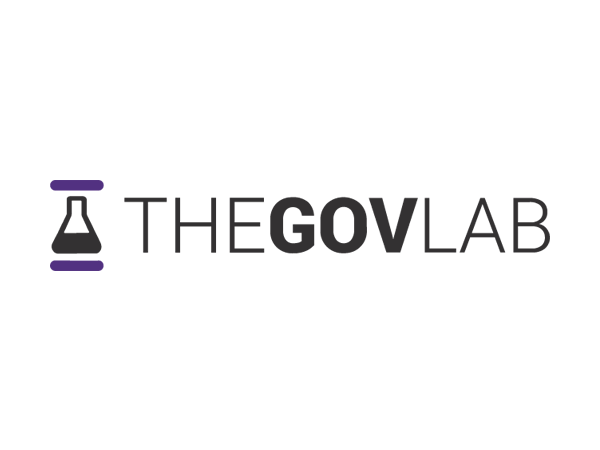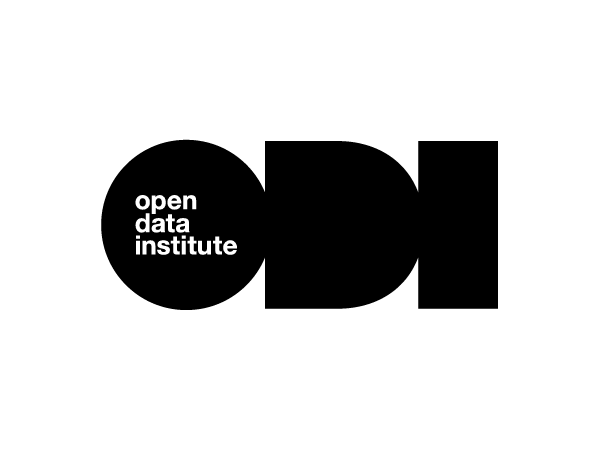
About the
Partnership
The Industry Data for Society Partnership (IDSP) is committed to making private sector data more open and accessible to address societal challenges. This partnership serves as a channel for the private sector to drive attention toward the importance of data sharing and collaboration to help society. The Industry Data for Society Partnership will also serve as a forum to foster connections between industry and the public sector, researchers, and academics. We believe these collaborations are an essential part of creating solutions for key societal challenges.
Why the IDSP
The IDSP has come together around a shared set of beliefs:
- That data can be used to improve outcomes in important social impact areas
- That private companies have data that could be made more open or accessible to those working in these areas
- That more work needs to be done to encourage and support companies in making data more open in a responsible way
Our work is guided by these beliefs and together, we can accelerate the development of solutions to challenges facing society.
Our Commitments
As part of the partnership, partnering companies commit to the following set of actions:
- We will open data or provide greater access to data, where appropriate, to help solve pressing societal problems in a usable, responsible, and inclusive manner.
- We will share knowledge and information for the effective use of open data and data collaboration for social benefit.
- We will invest to skill a broad class of professionals to use data effectively and responsibly for social impact.
- We will protect individuals’ privacy in all of these activities.
Our Approach
Each partnering company agrees to utilize its expertise and assets to take on the issues that shape our world today and tomorrow – and core to this work is making data more open and accessible for societal good.
As we make progress along the spectrum of more open and accessible data, we recognize that each company’s journey will be unique and at different stages of the process. We will share what we learn, including best practices and insights gained along the way. We hope this is informative to other companies that want to do more around open data and data collaboration.
Our Projects
As a partnership, we focus on advancing projects that create meaningful impact for our stakeholders and communities. We also strive to foster connections between industry, the public sector, researchers, and academics with the goal of exploring how industry data can contribute to developing solutions to societal challenges.
Recently, the IDSP convened a virtual roundtable, gathering representatives from the private sector and its IDSP affiliates, The GovLab and the Open Data Institute. The aim was to discuss best practices and collect insights and recommendations for improving open data and data sharing practices in the private sector.
Key insights emphasized the various reasons private organizations choose to share data, including building trust, promoting transparency, encouraging innovation, and contributing to societal benefits. Suggested effective strategies included forming industry partnerships, pooling resources, and raising collaborative awareness. However, challenges such as a risk-averse culture, evolving regulatory obligations, and privacy and security concerns were noted, indicating a need for enhanced data governance and quality control measures. To learn more, you can view the full report here.
In addition, as part of our aim to raise awareness and inspire other companies to share their data for societal and business benefit, the IDSP, in partnership with the Open Data Institute, produced a five-episode podcast titled Data Dive: Exploring company data with industry leaders. In this series, listeners hear from private sector organizations that are opening access to data, and from the researchers and analysts who are using it.
You can listen to all the episodes here or follow the IDSP’s podcast on your preferred platform: Apple podcasts | Spotify
To stay updated on IDSP projects, visit our News page.
To read more about the work of the IDSP, read our full 2023 Year in Review.
Data Resources
Following are examples of how each organization has already contributed to today’s challenges by making data more open. But this is just a start. We believe there is much more that needs to be done in order to make private sector data more accessible.
GitHub – GitHub enables community-driven data science by hosting open datasets and collaborative development of tooling. In response to the COVID-19 pandemic, Johns Hopkins University and other leading researchers collaborated on dashboards and open data using GitHub. The Development Data Partnership also builds their open data infrastructure on GitHub. GitHub is committed to making more of our platform data openly available, as we do today with our cybersecurity advisories.
HPE – HPE is working with a healthcare partner to develop a disease surveillance solution for dengue fever, initially focusing on India, using data, AI and machine learning.
LinkedIn – Through its Data for Impact program, LinkedIn shares anonymized, aggregated datasets on labor market trends, industry changes, and skills with the international organizations that comprise the Development Data Partnership to support economic development and research.
Microsoft – In April 2020, Microsoft launched the Open Data Campaign, to help close the data divide, the divide that exists between companies and countries that have effective access to data to innovate, and those that do not. Microsoft’s Data for Society Catalog provides access to Microsoft’s open datasets, resources, and tools to make data sharing, research, and collaboration easier. Microsoft also published an Open Data for Social Impact Framework, a tool leaders can use to put data to work to solve the challenges most important to them.
Northumbrian Water Group – NWG shares data with entities across the UK to address specific societal challenges, such as making it easier for vulnerable customers to apply for help and to improve river water quality with partners in agriculture. Projects like these and more are highlighted in NWG’s Annual Performance Report, alongside openly published annual performance data and other, more granular datasets, including storm overflow annual report data. NWG also opens up or shares data to support data hackathons and plans to publish a greater number and range of datasets in 2023.
Ookla – The dataset of Speedtest by Ookla Global Fixed and Mobile Network Performance Map Tiles provides metrics in zoom level 16 web mercator tiles (approximately 610.8 meters by 610.8 meters at the equator). Data is provided in both Shapefile format as well as Apache Parquet with geometries represented in Well Known Text (WKT) projected in EPSG:4326. Download speed, upload speed, and latency are collected via the Speedtest by Ookla applications for Android and iOS and averaged for each tile. Measurements are filtered to results containing GPS-quality location accuracy.
Telefónica Tech – As the global pandemic emerged in 2020 and governments worked to manage the spread of the disease, Telefonica Tech shared mobility indicators with governments in Europe and Latin America to help inform government policies around social distancing and lockdown measures. Telco-government collaborations, such as this, have been critical to understanding how telco mobile data analytics can help prepare the world for future pandemics. Telefonica Tech additionally made anonymized mobile data more accessible to better predict air pollution levels in São Paulo, Brazil, among other initiatives.
UK Power Networks – UK Power Network’s Open Data Portal features one of the UK’s biggest sets of information about the electricity network. The online portal brings datasets from a vast range of sources to provide visibility of our network assets, where they are, what capacity they have and how they are being used. The platform is aimed at helping everyone from local authorities to electric vehicle chargepoint installers, renewable energy generators, flexibility providers and anyone with an interest in low carbon technology.
Partnering Organizations
The following organizations are founding partners of the Industry Data for Society Partnership and agree to the set of commitments outlined above.
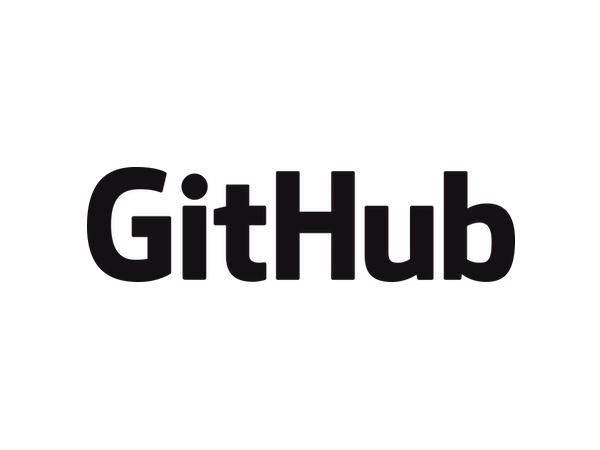
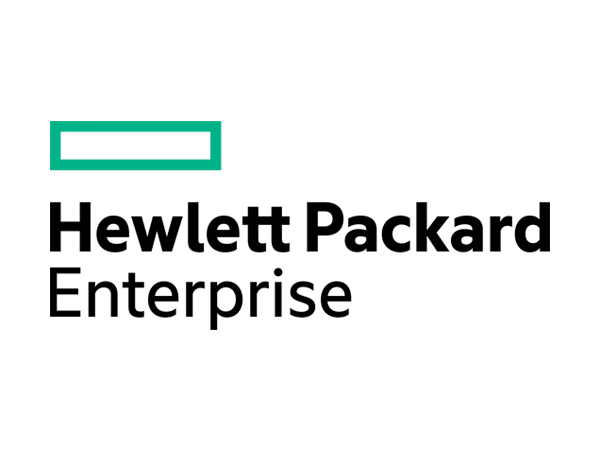


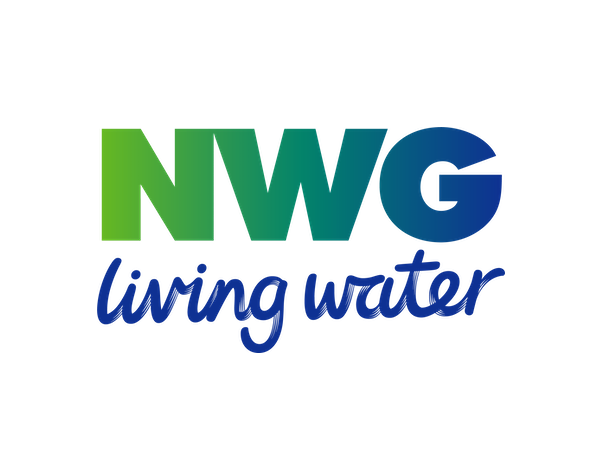

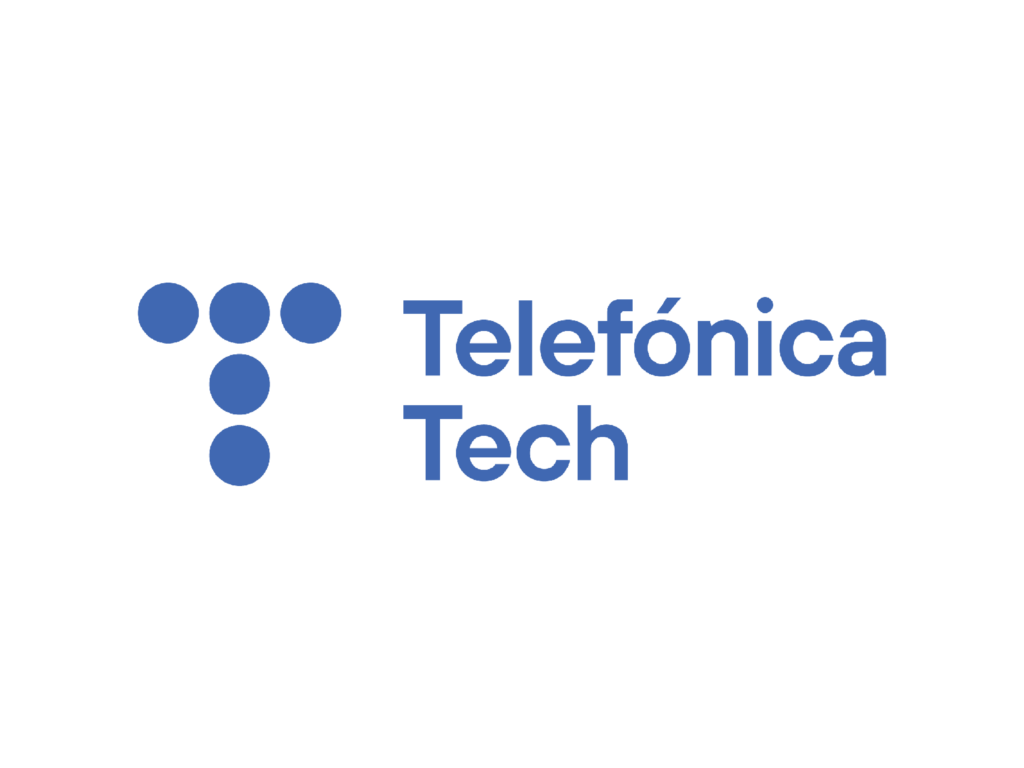
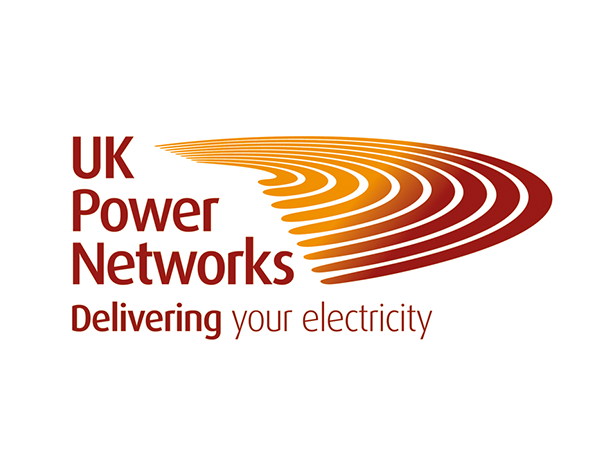
Affiliate Organizations
The following organizations are affiliates to the partnership and will provide guidance and expertise to the partnership as it develops and advances its program of work.
